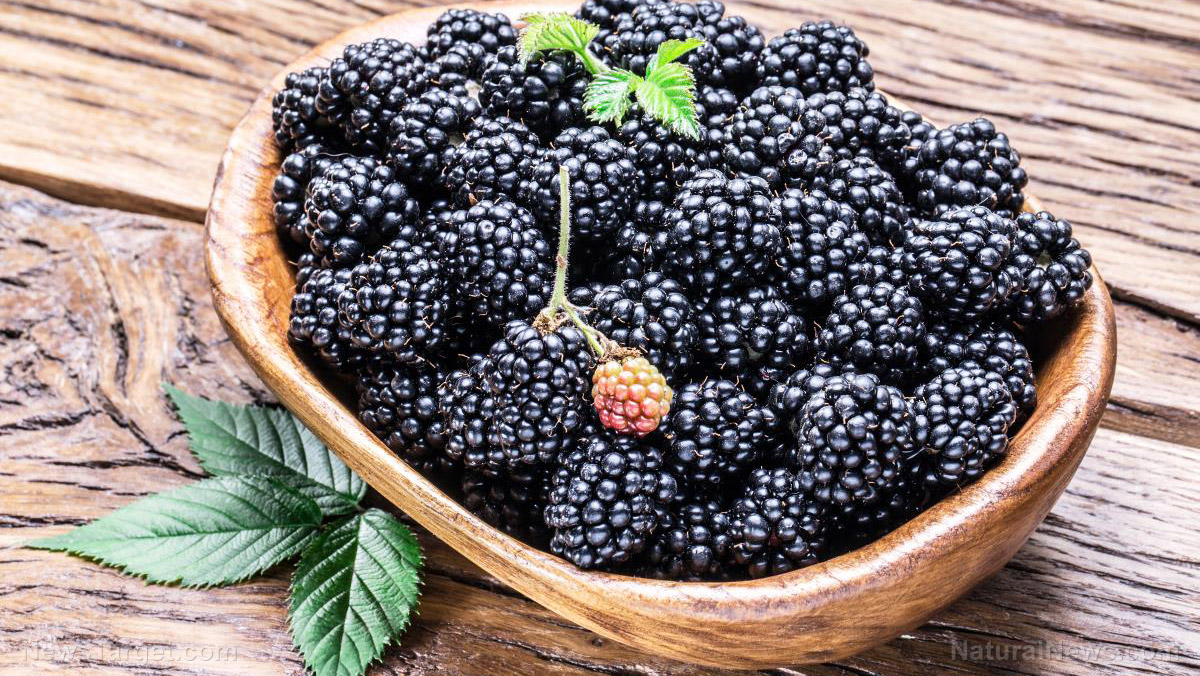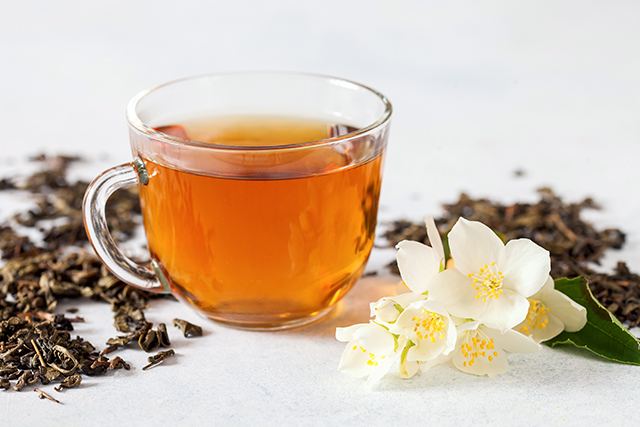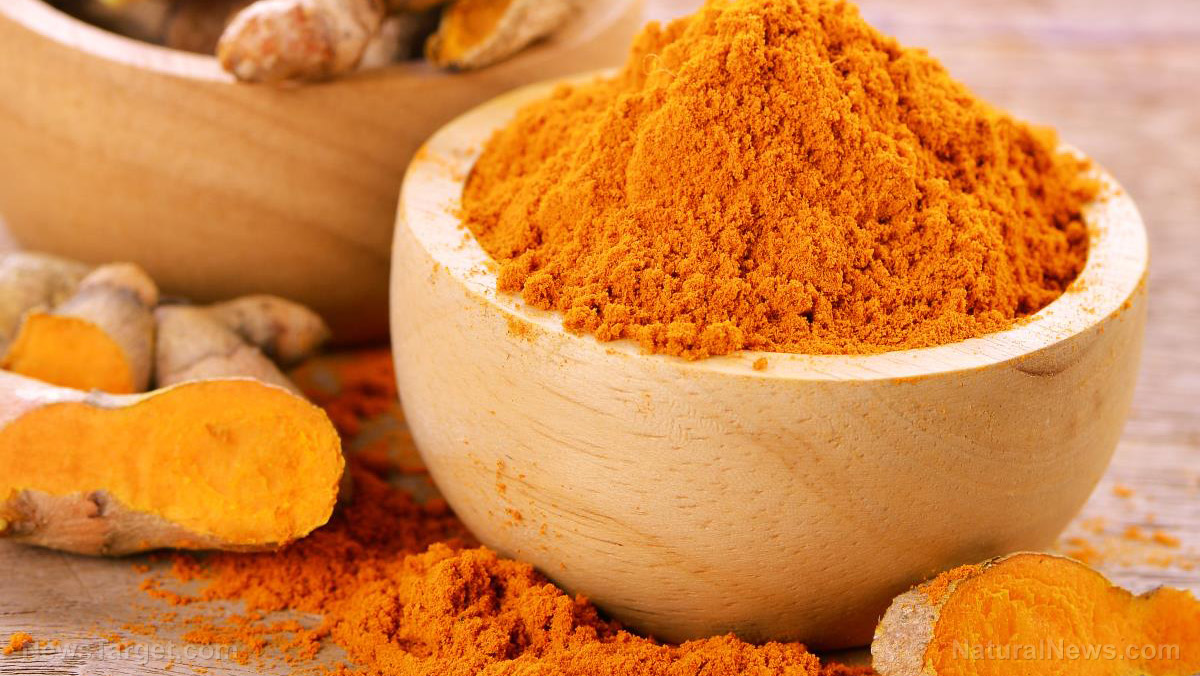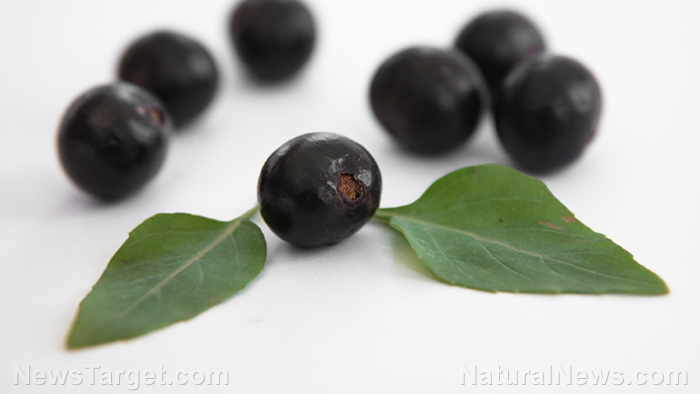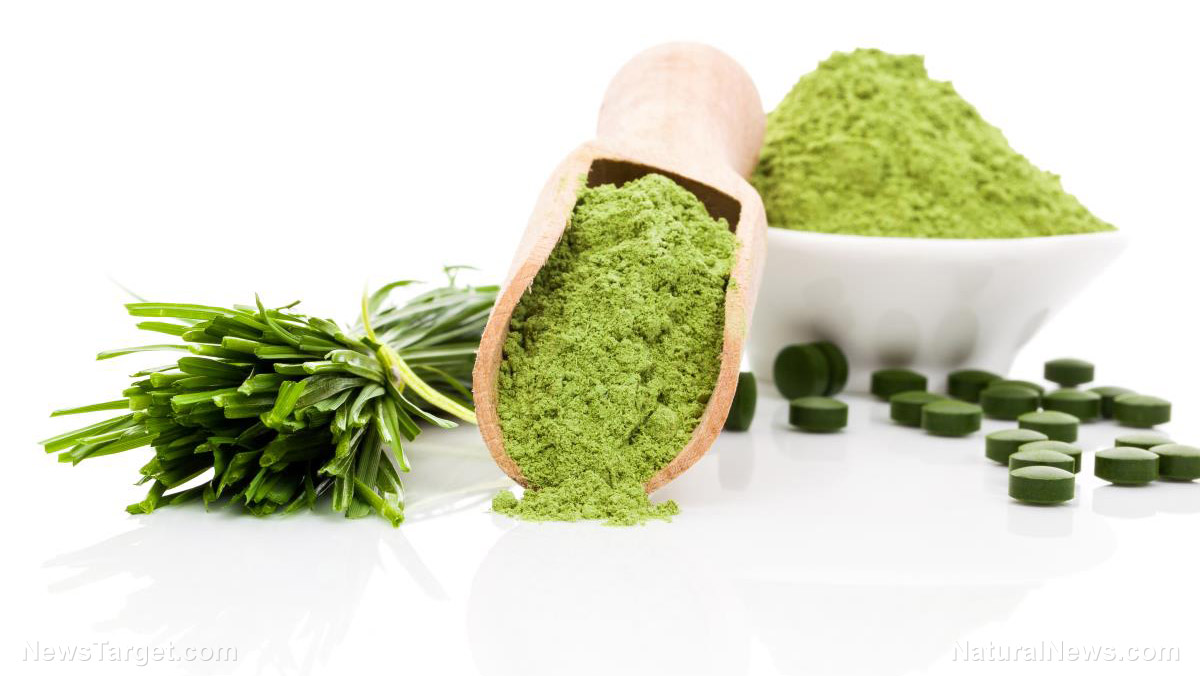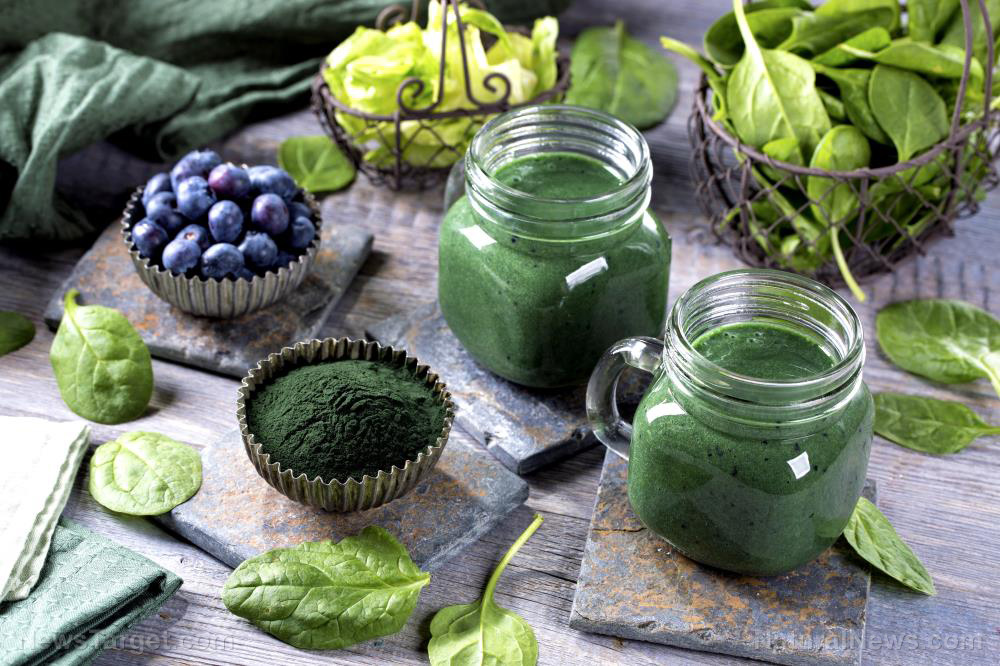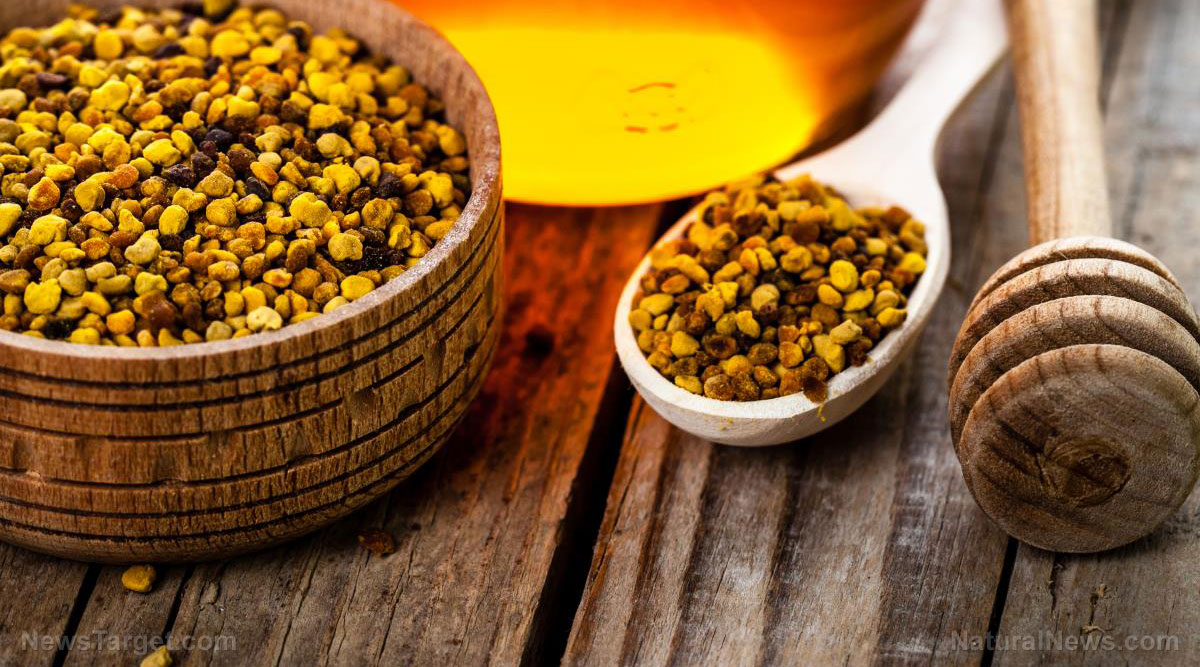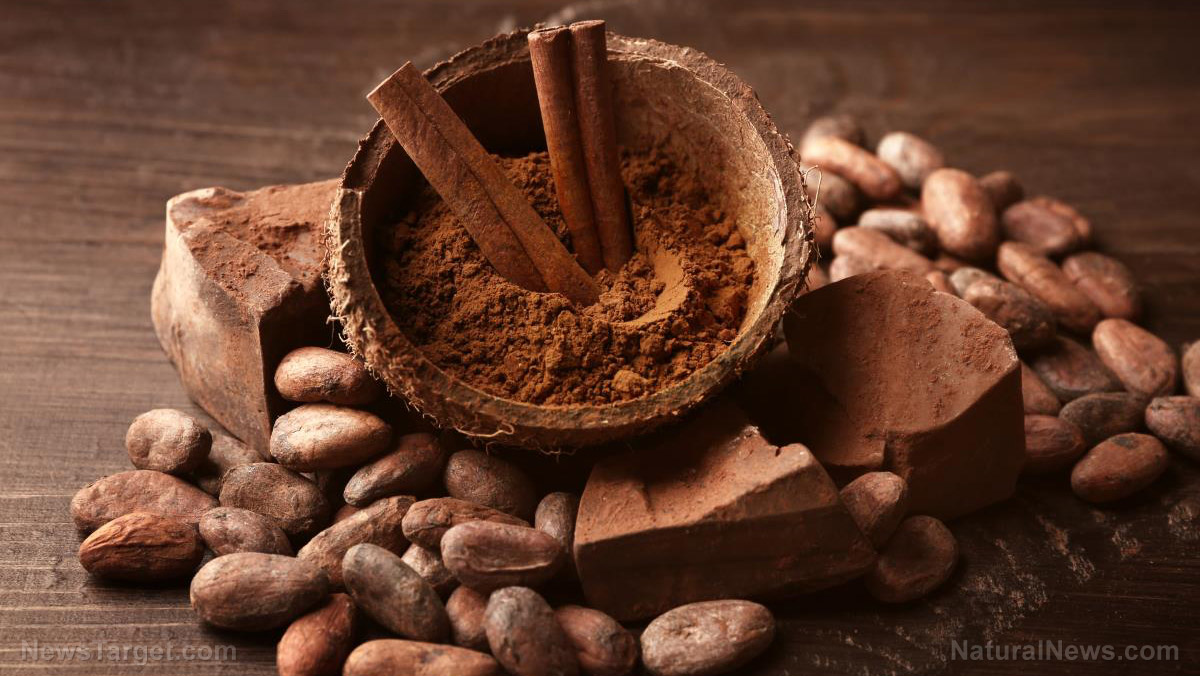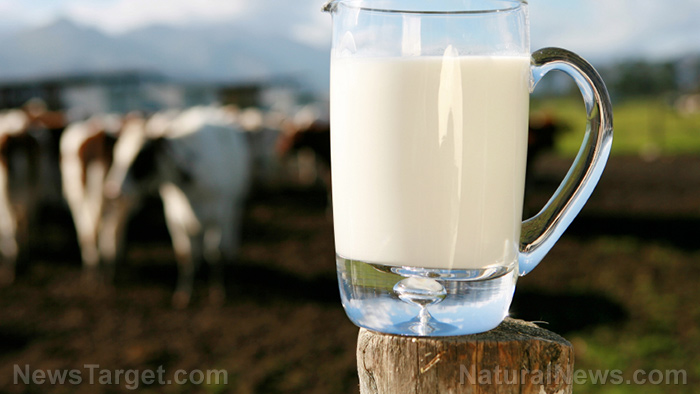Flavonoid-rich elderberry provides immune support via a microbial reaction in the gut microbiota
08/20/2018 / By Zoey Sky

New research adds to the growing body of evidence highlighting the efficacy of elderberries in improving the immune system. These recent conclusions have enabled companies to offer “new avenues of approach” to their consumers and potential customers.
In the past few years, there has been a deluge of proof that links polyphenolic ingredients to “improved measures of gut health.”
- In a 2015 study, 244 subjects demonstrated how a “blend of polyphenols improved various measures of intestinal comfort” connected to gastroenteritis such as bloating, gas, and frequency of diarrhea.
- A more recent study looked into polyphenols, which as a class have “generally low bioavailability.” Even though only 10 percent of the ingested molecule reaches the gut barrier into the bloodstream, “the compounds still have a positive effect on the compositions of gut microbiota.”
- The latest study from the Washington University School of Medicine offers proof that there is a definite link between “flavonoid-rich foods, gut microbes, and immune efficacy.”
Desaminotyrosine (DAT), a compound that acts as a metabolite in the gut once key flavonoids in elderberry are consumed, can help boost protection from influenza. This means that “a healthy balance” between gut microbiota and flavonoid-rich foods or supplements such as elderberry can significantly improve immune health.
Researchers have struggled to answer questions about bioavailability throughout the years. Countless studies have determined the benefits, but the question remains: If only a small fraction of the alleged active ingredients reach the blood and “interact with tissues beyond endothelium,” what happens in the body?
Since there is no centralized method of action, it was hard to answer this question. It also made it difficult to determine the best way to enhance the function of specific ingredients.
Both flavonoids and anthocyanins have puzzled scientists since they have low bioavailability.
When it comes to immune support, a clearer “mechanism of action” was starting to form for elderberry.
Thanks to research about the role of DAT, we are now one step closer to learning how the gut is linked to these effects as both a “transport system from ingestion point A (the mouth)” all the way to “activity point B (the immune cells in the blood.)”
Researchers are now getting a clearer picture of how DAT affects the immune response, and how the microbiome and the anthocyanins are closely linked. Based on the data available so far, blends and products can soon result in something that will offer multiple health benefits. With enough research, it will be easier to determine why a lot of botanical products include both “responders and non-responders.”
The health benefits of elderberries
If you’re not yet convinced, here are the other benefits of elderberries:
- Elderberry juice can help prevent and treat ailments and disorders of the respiratory system like common colds and flu, cough, chest congestion, sore throats, bronchitis, and asthma.
- Elderberry juice is full of vitamin C, and it can help treat various bacterial diseases.
- Elderberry also has antiviral properties, and it can help cure viral diseases like common colds and fever.
- Black elderberry juice can help keep the digestive system healthy. It improves digestion by promoting the secretion of digestive juices, and it also prevents constipation.
- Elderberry also anti-inflammatory properties, and it is often used to treat and prevent inflammatory conditions such as joint pains and arthritis.
- Additionally, elderberry extract can help prevent water retention/edema.
You can read more articles about the various benefits of elderberries and other fruits at Fruits.news.
Sources include:
Tagged Under: alternative medicine, anthocyanins, berries, bioavailability, elderberries, flavonoids, fruits, functional food, gut microbia, herbal medicine, immune support, immune system, natural cures, nutrition, organics, phytonutrients, polyphenols

